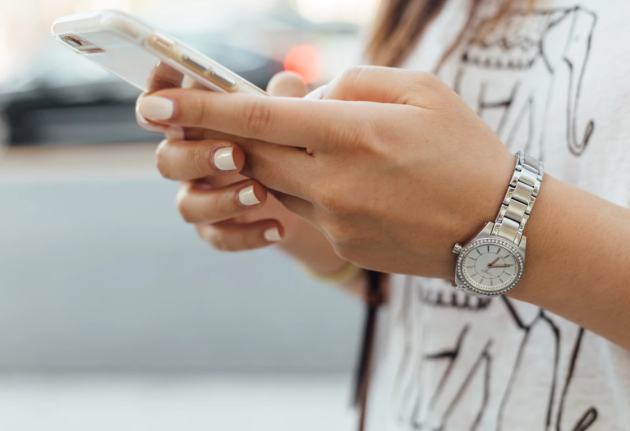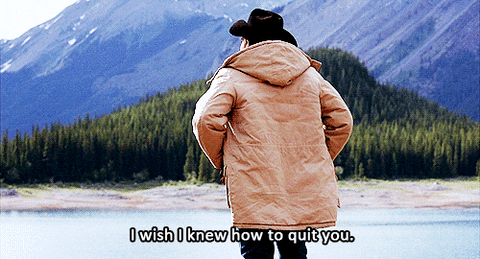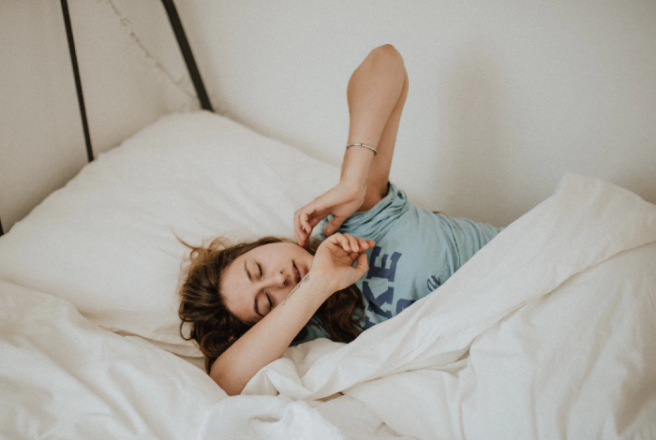
Study shows Cognitive Behavioural Therapy treats insomnia
Chronic insomnia is a condition that affects millions of people all over the world, where individuals find it difficult or impossible to sleep.
The NHS Inform defines insomnia as a challenge to stay asleep “for long enough to feel refreshed the next morning." While it's treatable and can be targeted in a variety of ways, it can be hugely debilitating for those who suffer with it.
Changing your sleep habits, diagnosing underlying issues like mental or physical health condition or using over-the-counter sleeping medication can combat insomnia, but therapy can also help, according to a recent study.

The study, published in the British Journal of General Practice, has found that therapy may actually be the best choice of treatment.
Researchers at Queen's University Ontario, Canada, found that Cognitive Behavioural Therapy (CBT) helps to fight chronic insomnia successfully, despite the fact that it's often used to combat mental health problems like anxiety and depression.
CBT can apparently be used to change the way your mind thinks about sleep. It's regularly offered through a therapist with "the number of sessions you need depending on the difficulty you need help with.”
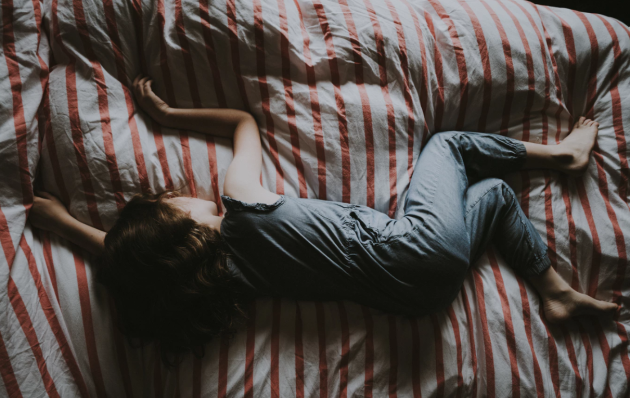
The British Association for Behavioural & Cognitive Psychotherapies describes CBT as therapy which is “based on the theory that thoughts, feelings, and what we do and how our body feels are all connected.”
The Guardian reports that the study was conducted through “four randomised control trials, with between 66 and 201 participants of mixed ages.”
Researchers from the trials found “that participants fell asleep on average nine to 30 minutes sooner after completing a course of CBT for insomnia and experienced a reduction of between 22 and 36 minutes in the amount of time spent awake after going to sleep.”
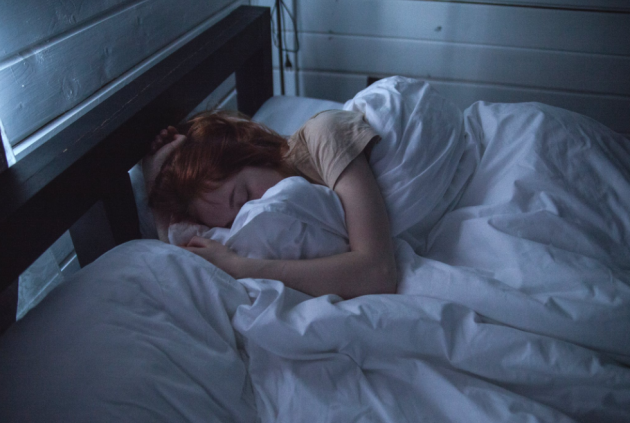
In the study, data analysts found that those who received CBT treatment for between four to six sessions found improvement with their insomnia and that these improvements “were generally well maintained for 3-12 months post-treatment.”
This was compared to the results of those who received treatment “in which the format or content veered substantially from conventional CBT which were less conclusive.”
With blue light from laptop and phone screens increasingly causing sleep disruption, and considering how hard it is to switch our brains off from the hectic attention-grabbing modern lifestyle, CBT therapy sounds great to us.








